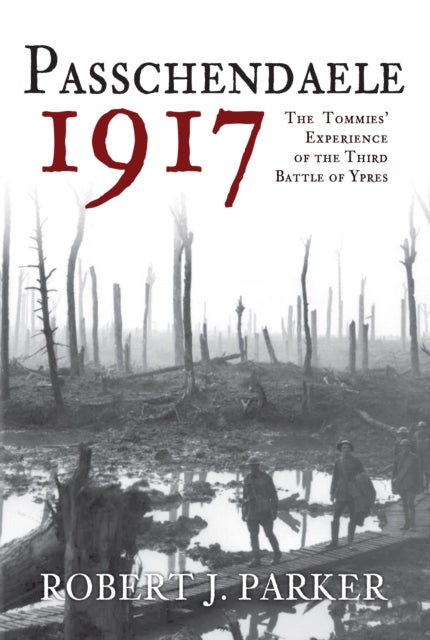Passchendaele 1917
UK deliveries from £5.95
Taxes and duties calculated at checkout
Delivery & Returns
Delivery & Returns
We use the Royal Mail, DHL Express or UPS for our customers. For UK addresses, deliveries under 10kg are a standard £4.95 via Royal Mail Tracked 48 Service. For orders over 10kg and overseas customers, postage is calculated for you at checkout once you have entered your postal address. This price, does not include any potential custom charges that may apply, depending on the product or destination, as every country has very different import duties / taxes. Online exclusive products (such as trainers) will be delivered to you directly from the printer, separate from other items in your order, but your postage fee covers ALL items in your order.
If you are unhappy with your purchase, please email shop@tankmuseum.org within fourteen (14) working days of receiving your goods, and return it to us at the address below, in its original condition, unopened (with any seals and shrink-wrap intact) and we will issue you a full refund or replace it. Goods must be returned at your own cost. If the item is faulty, you do not need to return it, we will send you a replacement free of charge.
Description
Description
The Tommies' Experience of the Third Battle of Ypres
By Robert J. Parker
Hardback
It seems absurd to claim it, but the Battle of Passchendaele was in many ways worse than the Somme. The British offensive, also known as the Third Battle of Ypres, was launched on the Belgium battlefield at 3.30 a.m. on 31 July 1917.
It was a massive effort by General Sir Douglas Haig and the British Army to achieve a strategic breakthrough and defeat Germany. Attrition would defeat a Germany that was, many believed, 'on the ropes'. Just one more 'big push' would secure victory - yet it failed.
Passchendaele continued until November 1917 and became synonymous with the tragedy of the Great War: abominable weather, mud and filth; horrific injuries inflicted by increasingly industrialised warfare including tanks, gas, mines and flamethrowers; the enormous casualties (600,000) and the futility of the operation all combined to form a nightmare vision of war in the trenches. What was life like for the ordinary British soldier? Was the whole bloody effort necessary or were there alternatives? What, if anything, did it achieve? Passchendaele 1917 answers these questions while reminding us of the sacrifices and heroism of the soldiers who fought it.








